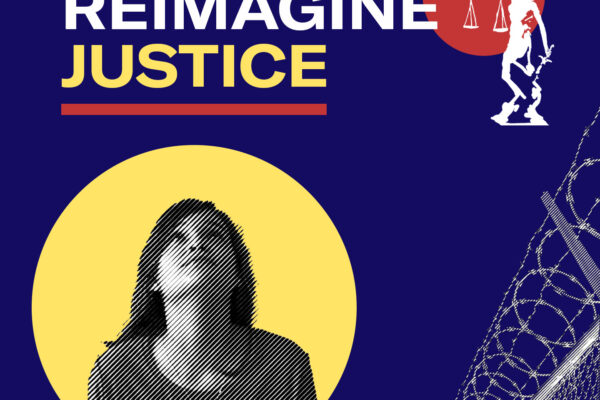ACLU Testimony - HB 2639
- Status: Died in Committee
- Position: Oppose
- Bill Number: HB 2639
- Latest Update: February 16, 2016

Stay Informed
Sign up to be the first to hear about how to take action.
By completing this form, I agree to receive occasional emails per the terms of the ACLU’s privacy statement.
By completing this form, I agree to receive occasional emails per the terms of the ACLU’s privacy statement.

